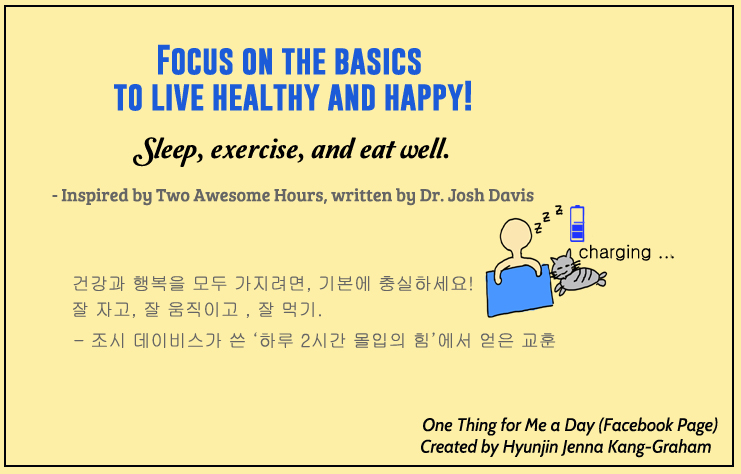
Tantanmen, Japanese noodles
Today, I woke up at noon. Yesterday, I went out on a date with my husband. As rewards for completing my One Thing for Me a Day project for a week, I had Tantan noodles for lunch at a Japanese ramen restaurant and a cheese enchilada, a shrimp taco, corn, and tortilla chips for dinner at a Tex-Mex restaurant. After I started this personal project, I began to think about what food or snacks are worth the carbs and sugar that switch my body to fat storage mode. So, I carefully choose what will most satisfy my taste buds on my weekly reward days. My lunch and dinner made me happy.
A heavy load of carbs and sugar makes organs work harder to digest, which seems to explain why I felt more tired and overslept. However, the sleep recharged my energy. I didn’t feel hungry so I decided to try a 36-hour fast. It has been 24 hours since I ate. Drinking water is important to brain function during fasting. Dehydration affects attention and cognitive function, damaging productivity. So, I have been drinking happy tea, a black tea infused with St. John’s Wort, an herb known for lifting mood.
Despite late rising and the fasting, I was pretty productive. Only a few hours after I awoke, I managed a client’s social media page, finished translating another client’s video script, and finished reading a book. My attention level was high. In his book the Complete Guide to Fasting, Dr. Jason Fung suggests that intermittent fasting helps us lose weight, slow down aging, prevent cancer, and increase brain function.
The process of fat-burning makes sense when we think about the brain’s priority: protecting our survival. Think about our ancestors who hunted and gathered to survive. Unlike today, food wasn’t always available. But, they still needed muscle to move their bodies and clear heads to search for food and escape from dangerous predators. Our body has evolved to store fat to use it when food is scarce.
Dr. Fung explains that the body burns fat, not muscle, until body fat goes down to under 4%. By burning fat, the body also creates ketones, which feed the brain. Ketones can meet up to 75% of the brain’s energy need, and the rest is met by gluconeogenesis, the creation of glucose from non-carbohydrate sources in the liver. During fasting, brain connectivity is increased and new brain cells are generated. Heightened brain function was critical to increase the chances of survival in the hunting and gathering days.
Dr. Fung says that an easy 12-hour fasting also helps to prevent weight gain. A 12-hour fast can be achieved by not snacking after dinner. However, to lose weight, a fasting period needs to be extended. Although I haven’t been eating for an entire day, I don’t feel too hungry. I rode the stationary bike for 30 minutes during the fasting. My energy level is just fine. But I have a slight headache. According to Dr. Fung, headaches are common during the first few times of fasting. Headaches are due to a lack of salt in the body, so drinking water with some salt may help. Drinking coffee or herbal tea with some fat (e.g., butter, coconut oil) during fasting is okay.
It’s my first time trying a 36-hour fast. I realized it wasn’t as difficult as I thought. I may try this again occasionally. Hopefully, my brain will be sharper tomorrow.
Please like my page and find your own inspiration: https://www.facebook.com/onethingformeaday/





 Getting enough sleep is critical to our mental and physical health.
Getting enough sleep is critical to our mental and physical health.